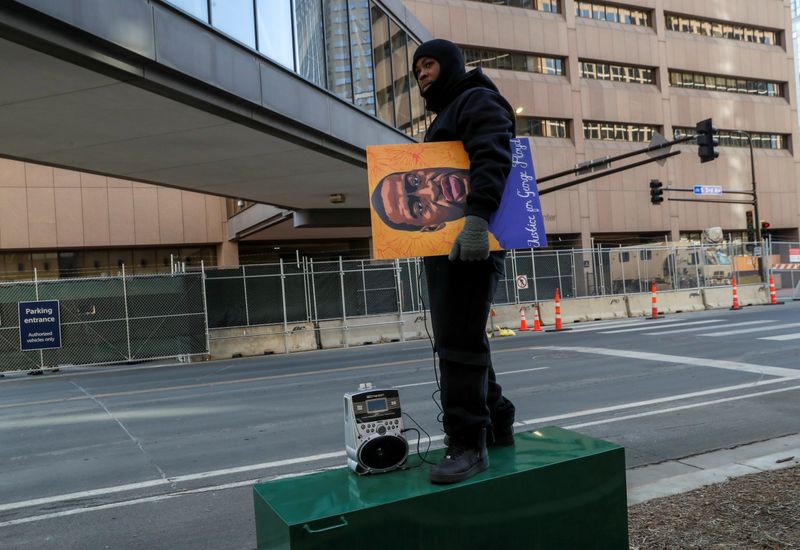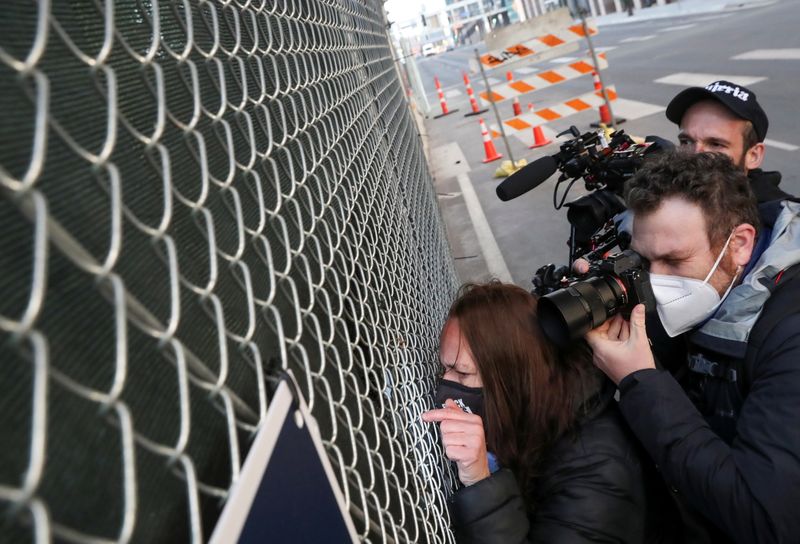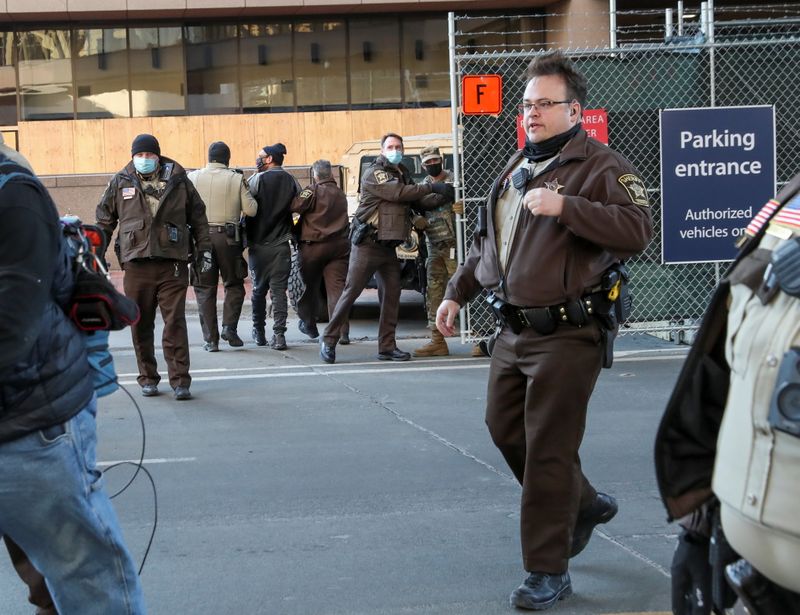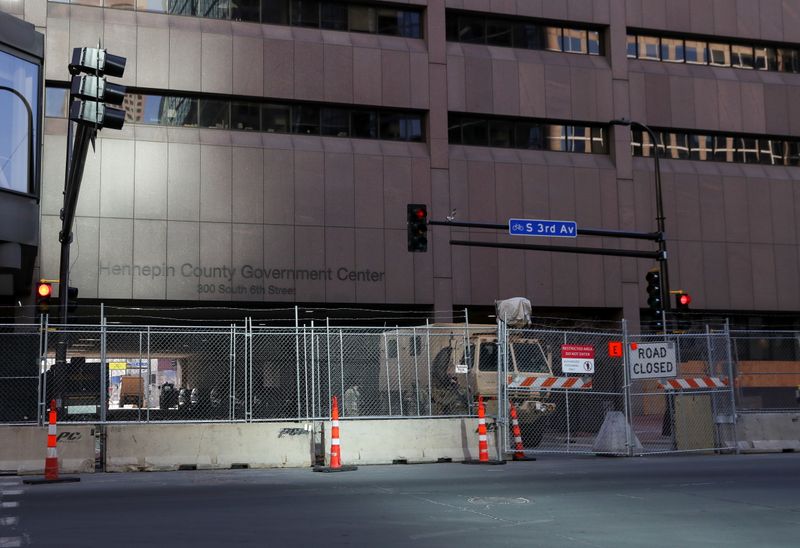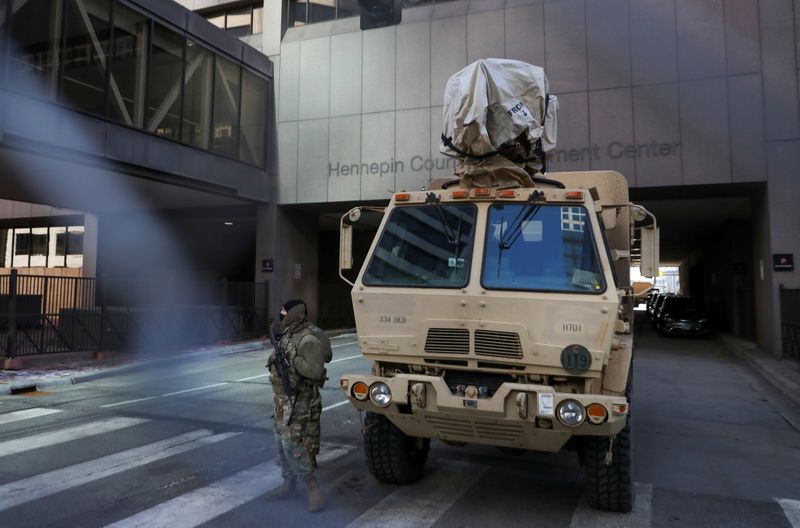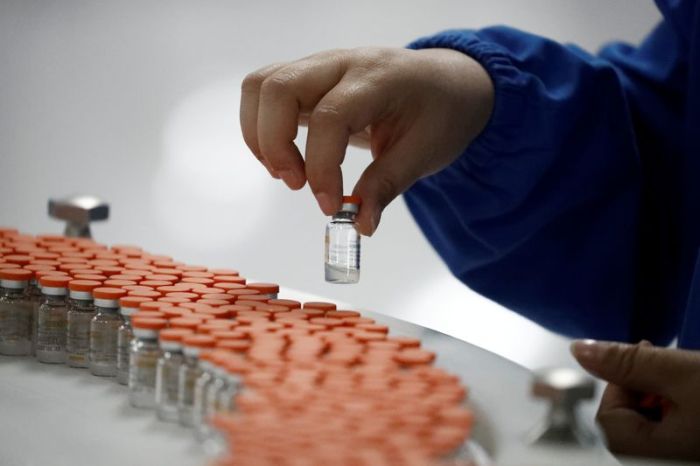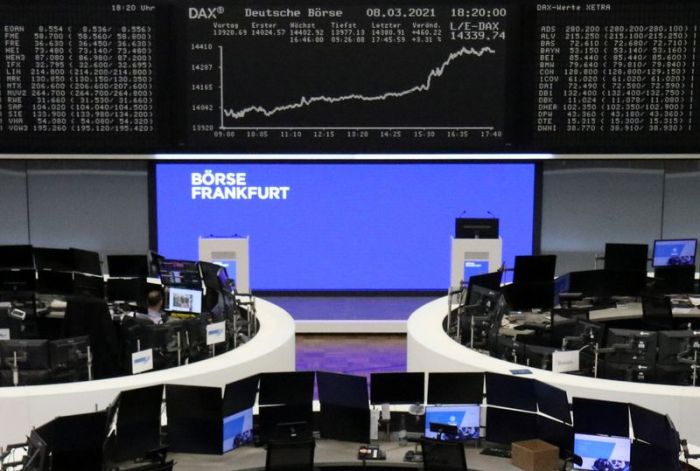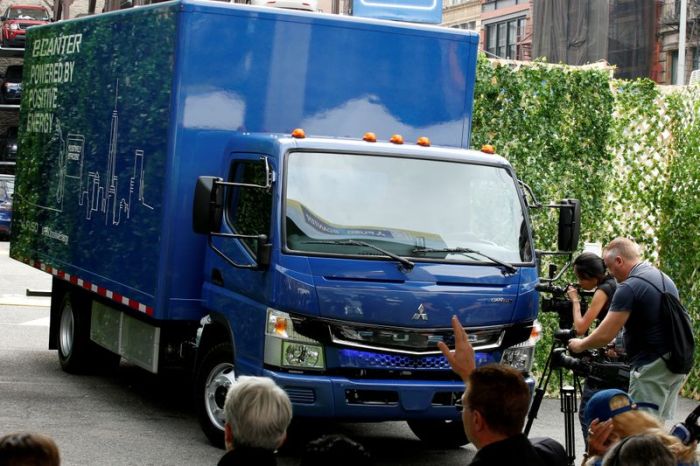MINNEAPOLIS (Reuters) – The potential jurors entered a Minneapolis courtroom one by one on Tuesday and although they had never met Derek Chauvin in person, they said they knew exactly who he was: the police officer who kept his knee on George Floyd’s neck during a deadly arrest last year that caused a worldwide outcry.
Nearly all told the court they had seen the video of the May 25 arrest recorded on a bystander’s phone showing Floyd, a 46-year-old Black man, begging for his life, which spread inescapably across the internet and other media.
Many conceded they had already formed a negative opinion of Chauvin, who was dismissed from the police force.
“That’s the only thing I’ve ever seen of this person: that video,” Juror No. 9, a woman who appeared to be mixed race in her 20s or 30s, told the court, trying to describe her views on Chauvin, who is white. “It just makes you sad. Nobody wants to see someone die, whether it’s his fault or not.”
Still, she was “super excited” to receive the jury summons, a feeling that only grew after she realized that it would be for one of the most high-stakes cases seen in the United States in years.
After assuring Judge Peter Cahill of Hennepin County district court that she would be fair and impartial she became the second of three jurors seated on the first day of jury selection.
“Awesome!” she replied to the judge.
Chauvin, released from jail last October on a $1 million bond, stood politely when he was introduced to potential jurors by his lawyer. Dressed in a gray suit, dark tie and black face mask, Chauvin filled pages of a yellow legal pad with notes.
His trial is seen as a landmark case on police violence against Black people in the United States. Many of the issues that prompted the judge to set aside three weeks for selecting 12 jurors and four alternates alone quickly came to the fore on Tuesday.
There was a commonplace belief that parts of the American criminal justice system are racist, as seen in the nervous 19-year-old man who said when questioned by Chauvin’s lawyer Eric Nelson that he distrusts the police and recalled his father being racially profiled during a traffic stop. The judge dismissed him.
Despite the judge promising jurors anonymity for the duration of the trial, some feared becoming a target or said they were unnerved by the rings of barbed-wire fencing and concrete barricades around the tower in downtown Minneapolis in which the trial is being held.
One potential juror, a self-described Christian family man, wondered if his house might be spray-painted or his windows smashed if his name got out. The judge dismissed him, too.
Chauvin’s lawyers also used up two of their 15 peremptory challenges by which they can reject a juror without citing a reason, while prosecutors from the Minnesota attorney general’s office used up one of their nine.
But after a second Hispanic person was rejected by the defense, prosecutors complained that the defense was illegally excluding jurors on the basis of race, which the defense denied. The judge concluded there was insufficient evidence to overturn their dismissal.
The court had mailed prospective jurors an unusually detailed 16-page questionnaire last year asking them what they know about Floyd’s death, and asking for their opinions on the Black Lives Matter movement, which took hold globally following Floyd’s death in police custody.
The second potential juror called in, a white man working as a chemist in an environmental testing laboratory, said he “somewhat disagreed” with the assertion that Minneapolis police generally use disproportionate force against Black people.
He said he supported Black Lives Matter and that he understood it to mean that “all lives matter equally.”
Cahill told him soon after that he would be the first juror to be seated.
Chauvin’s lawyers say he properly followed the training he was given by the Minneapolis police department. The medical examiner ruled that Floyd’s death was a homicide caused partly by police restraint holds, but noted also Floyd had recently ingested the opioid fentanyl. Chauvin’s lawyers contend that an overdose was the main cause of death.
One potential juror, a financial auditor, said he had seen on the news that Floyd had used “hard” drugs and had been convicted of crimes in the past but would not let that affect his weighing evidence presented at the trial. Floyd had been convicted of cocaine possession and robbery in the past.
“Whether you’re under the influence of drugs doesn’t determine whether you should be living or dead,” the man said. He became the third and final juror seated on Tuesday.
(Reporting by Jonathan Allen in Minneapolis; Editing by Steve Orlofsky and Grant McCool)

